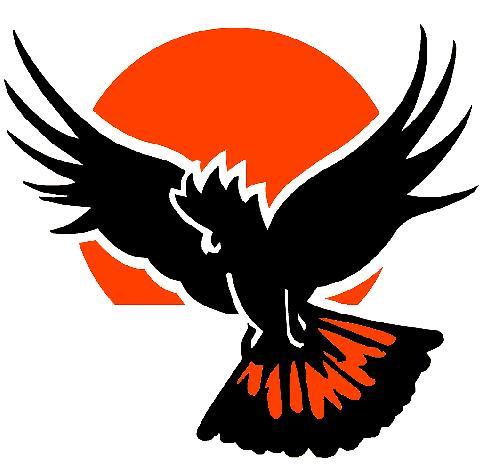Help our Red-tails
Fence off existing stands of Stringybark and Buloke and scattered paddock trees on your property, to protect from stock damage and to allow for natural regeneration.
Incentives for nests
Incentive payments are again being offered to landholders and members of the public for the discovery of new nests sites as part of the Red-tail Nest Incentive Scheme.
Join the count
Although we can’t guarantee you’ll see a Red-tail on the day, we’re sure you’ll enjoy a fun day out in the bush searching for our colourful cockatoos.
Welcome
Lucindale Area School receives funding for school nursery
Lucindale Area School has been successful in receiving a $2000 South East Natural Resource Management Board (SENRMB) Grant to establish a school nursery to grow stringybarks for Red-tails, all thanks to the ‘Kids helping Cockies’ project.

Earlier this year, Kerry Gilkes visited students at Lucindale Area School to talk about the cockatoo, its needs and what can be done to help the plight of this local endangered species as part of the ‘Kids helping Cockies’ presentations. Students not only learnt what the cockatoo looks and sounds like, but how, through the propagation of the species stringybark food trees, they too could help grow a better future for Red-tails.
The presentations sparked much enthusiasm and interest, with both students and teachers expressing a keen interest in establishing their own school nursery to grow stringybarks for local Red-tail habitat restoration and protection projects. Tim Burnard, from the ‘Kids helping Cockies’ project then assisted the school to prepare a SE NRM Board grant to fund the development and construction of the propagation area, and to allow students to take part in the collection of seed and planting of seedlings grown at sites in and around the Lucindale area.
Fortunately, the application met with success, with the SE NRM Board contributing $2000 towards the project. Over the coming months, the school will begin construction of the propagation area, which is expected to be completed in September/October 2013. Students will then collect seed at a nearby site which will then be germinated and grown over the following six months, until seedlings are big enough to plant out in June/July 2014.
If your school is interested in learning more about Red-tails, or would like to become involved in a similar project please contact the Project Coordinator on 1800 262 062 or by emailing redtail@birdlife.org.au.
Redtail News
-
BirdLife Australia and the Recovery Team are once again looking for volunteers to assist with the 2024 annual count for the nationally endangered South-eastern Red-tailed Black-Cockatoo.
This year the count will be held on Saturday 4 May across the cockatoo’s range in the South East of South Australia and South-west Victoria.
More%20edit.jpg)
-
Feb 14, 2014
Latest Video
.png)







